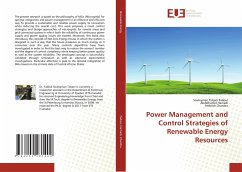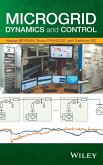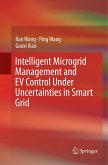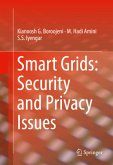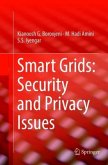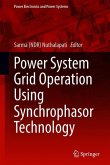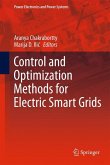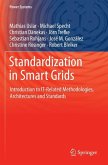The present research is based on the philosophy of MGs (Microgrids) for optimal integration and power management in an effective and efficient way to provide a sustainable and reliable power supply to consumers while reducing the overall cost. This work proposes a novel control strategies and design approaches of micro-grids for remote areas and grid connected system in which both the reliability of continuous power supply and power quality issues are treated. Moreover, this book also introduces the concept of Net Zero Energy House in which the system is designed in such a way that the house produces as much energy as it consumes over the year. Many controls algorithms have been investigated in order to find the best way to reduce the sensors' number and the degree of control complexity while keeping better power quality as well as the system reliability. The developed concept is successfully validated through simulation as well as extensive experimental investigations. Particular attention is paid to the optimal integration of MGs based on the climate data of Central African States.

